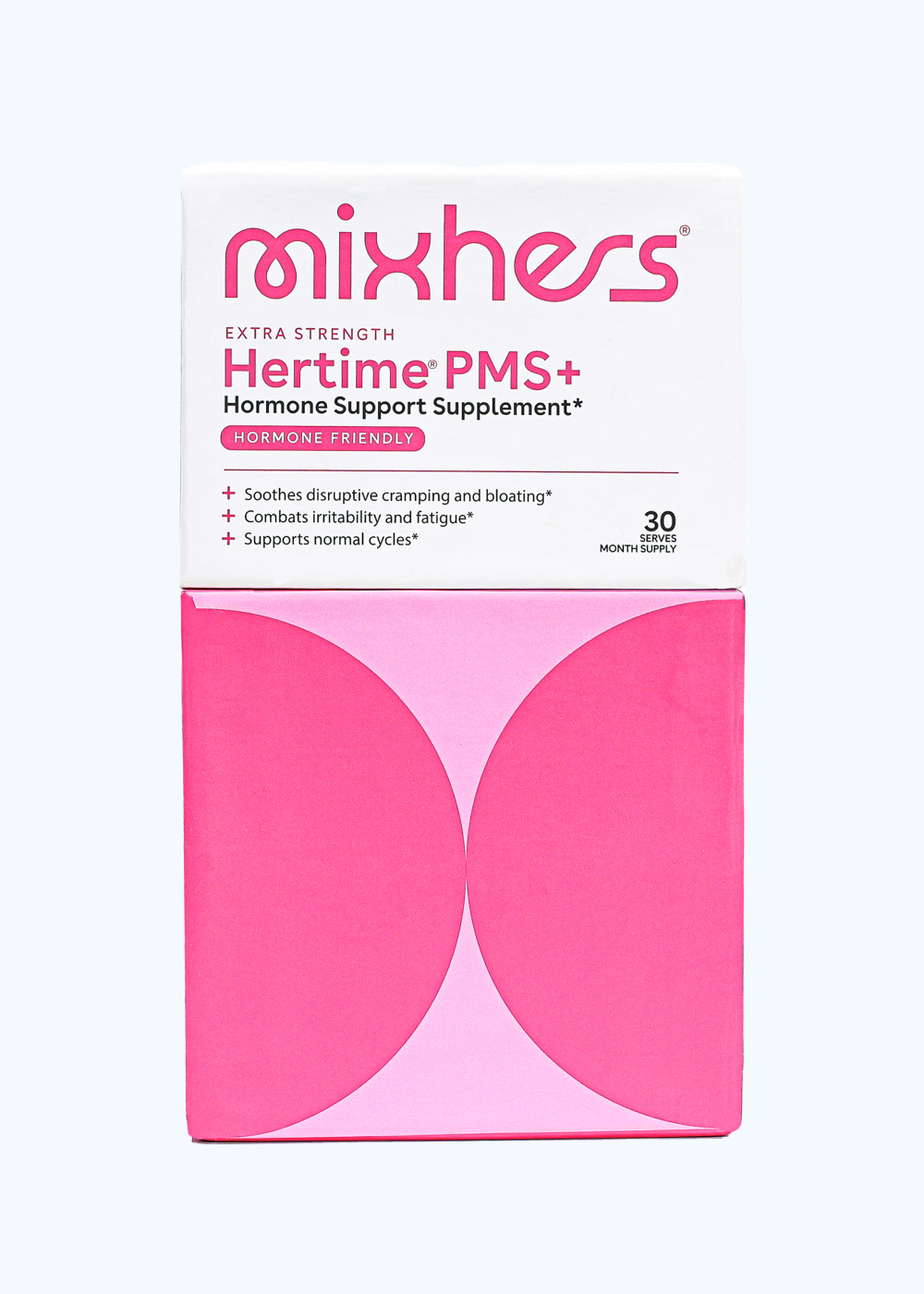Sugar gets a bad rap, even though it’s actually an essential nutrient that our bodies need for energy. First, it's important to understand that there are two types of sugars: naturally occurring sugars and added sugars.
- Naturally occurring sugars are found in foods such as fruits, vegetables, and dairy products, and they are generally considered healthy as they are accompanied by important vitamins, minerals, and fiber.
- Added sugars, on the other hand, are sugars that are added to foods during processing or preparation, and they provide empty calories without any nutritional benefits.
In some cases, consuming natural sugars in moderation can provide health benefits. For example, consuming fruits, which are high in natural sugars, can provide important vitamins, minerals, and antioxidants that support overall health. Additionally, natural sugars can provide quick energy for athletes or individuals engaging in high-intensity exercise.
However, the amount of added sugar that children consume in the United States is concerning. According to the American Heart Association, children in the United States consume an average of 81 grams of added sugar per day, which is three times more than the recommended daily limit. This overconsumption of sugar can lead to a variety of health problems, including obesity, type 2 diabetes, and dental cavities.
6 Surprising Sources of Added Sugar
Let’s explore five surprising sources of added sugar and the undesirable outcomes of a child's diet that is too high in added sugar.












